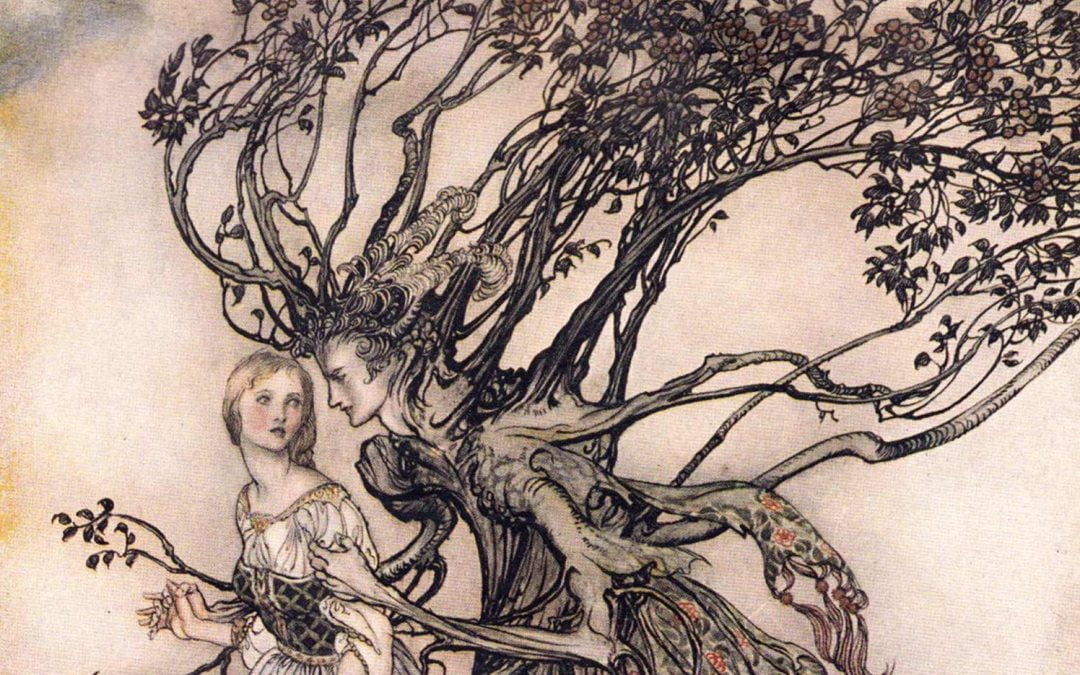The Songs of Trees: A Biologist’s Lyrical Ode to How Relationships Weave the Fabric of Life
“Trees speak to the mind, and tell us many things, and teach us many good lessons,” an English gardener wrote in the seventeenth century. “When we have learned how to listen to trees,” Hermann Hesse rhapsodized two centuries later in his lyrical love letter to our arboreal companions, “then the brevity and the quickness and the childlike hastiness of our thoughts achieve an incomparable joy.”
For biologist David George Haskell, the notion of listening to trees is neither metaphysical abstraction nor mere metaphor.
In The Songs of Trees: Stories from Nature’s Great Connectors (public library), Haskell proves himself to be the rare kind of scientist Rachel Carson was when long ago she pioneered a new cultural aesthetic of poetic prose about science, governed by her conviction that “there can be no separate literature of science” because “the aim of science is to discover and illuminate truth,” which is also the aim of literature.
It is in such lyrical prose and with an almost spiritual reverence for trees that Haskell illuminates his subject — the masterful, magical way in which nature weaves the warp thread of individual organisms and the weft thread of relationships into the fabric of life.


